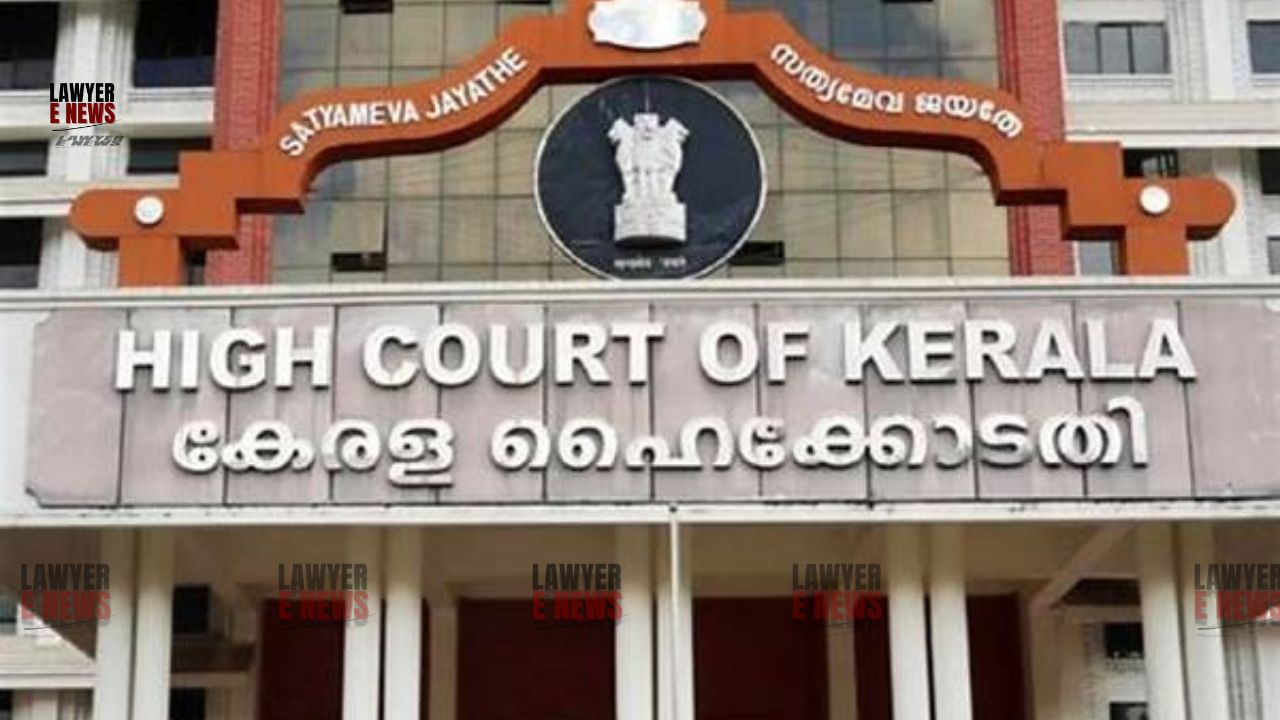-
by Admin
15 February 2026 5:35 AM



Kerala High Court emphasizes that while victim privacy is crucial, the accused must be provided unmasked prosecution records for a fair trial, subject to strict confidentiality obligations.
On October 8, 2024, the Kerala High Court delivered a significant ruling addressing the accused's right to access unmasked prosecution records in cases involving sexual offenses under the Protection of Children from Sexual Offences Act, 2012 (POCSO Act). The petitions were filed under Section 482 of the Code of Criminal Procedure (CrPC) to quash the orders of Special Courts that denied the accused access to unmasked prosecution records, citing victim privacy concerns under Section 33(7) of the POCSO Act. The court held that the right to a fair trial, guaranteed under the Constitution, requires that the accused have access to unmasked documents, with safeguards in place to protect the victim's identity.
The petitions were filed by three individuals accused of POCSO offenses, seeking to challenge orders of the Special Courts that had denied them access to unmasked copies of prosecution records. The courts had reasoned that the identity of the victim must be protected, in accordance with Section 33(7) of the POCSO Act, which mandates the non-disclosure of the victim’s identity during investigation and trial. The accused argued that without full, unmasked records, they could not mount an effective defense, as their ability to contradict prosecution witnesses or challenge the evidence was severely compromised.
The primary legal question was whether an accused in POCSO cases is entitled to unmasked copies of prosecution records, balancing the rights of the accused to a fair trial against the need to protect the victim’s identity.
The court noted that Sections 207 and 208 of the CrPC mandate that the accused be provided with copies of all documents relied upon by the prosecution. Additionally, Section 19(4) of the Kerala Criminal Rules of Practice requires the prosecution to furnish all material relied upon to the accused. However, Section 33(7) of the POCSO Act emphasizes that the identity of the child victim must be safeguarded at all times during trial and investigation, creating a potential conflict between these provisions.
The court underscored the constitutional guarantee of a fair trial, which includes the right of the accused to access all prosecution materials for their defense. The court stated, “Fair trial enshrined under the Constitution of India cannot be taken away by any means...for which [the accused] should get all the prosecution records before trial to point out flaws in the prosecution case.”
At the same time, the court recognized the importance of protecting the victim’s identity, particularly in sensitive cases involving sexual offenses against minors. It stressed that, although the accused must receive unmasked records, strict conditions should be imposed to ensure that the victim’s privacy is safeguarded. The court directed that the accused and their counsel must give an undertaking not to disclose the victim’s identity in any public forum, media, or publication.
Balancing Victim Privacy and Defense Rights
The court found that the Special Courts had erred in completely masking the prosecution records, as this would hinder the accused’s ability to challenge the evidence effectively. The court clarified that while the privacy of the victim is paramount, the accused’s right to defend themselves is equally vital. The court struck a balance by allowing unmasked copies to be provided to the accused with the condition that the identity of the victim is not disclosed outside of the court.
Digital Evidence: Access Restrictions Upheld
The court upheld restrictions on digital evidence such as videos or chats that may contain sensitive materials potentially compromising the victim’s privacy. Referring to the Gopalakrishnan @ Dileep vs. State of Kerala [2019 (4) KLT 853] case, the court ruled that such digital evidence need not be shared in its entirety with the accused if it would infringe on the victim’s privacy.
The Kerala High Court set aside the impugned orders of the Special Courts and directed that unmasked copies of prosecution records be provided to the accused or their counsel. However, the court imposed strict confidentiality measures, stating that under no circumstances should the victim’s identity be revealed in any form of media, publication, or public platform.
Further, the court clarified that while digital evidence could remain restricted, the accused should have full access to documentary evidence to ensure a robust defense.
In sum, the Kerala High Court balanced the constitutional rights of the accused with the statutory protections afforded to victims under the POCSO Act. The court reaffirmed the right to a fair trial by ensuring that the accused can access unmasked prosecution records, while also protecting the victim’s identity through stringent confidentiality measures.
Date of Decision: October 8, 2024
Sharun vs. State of Kerala & Anr.
